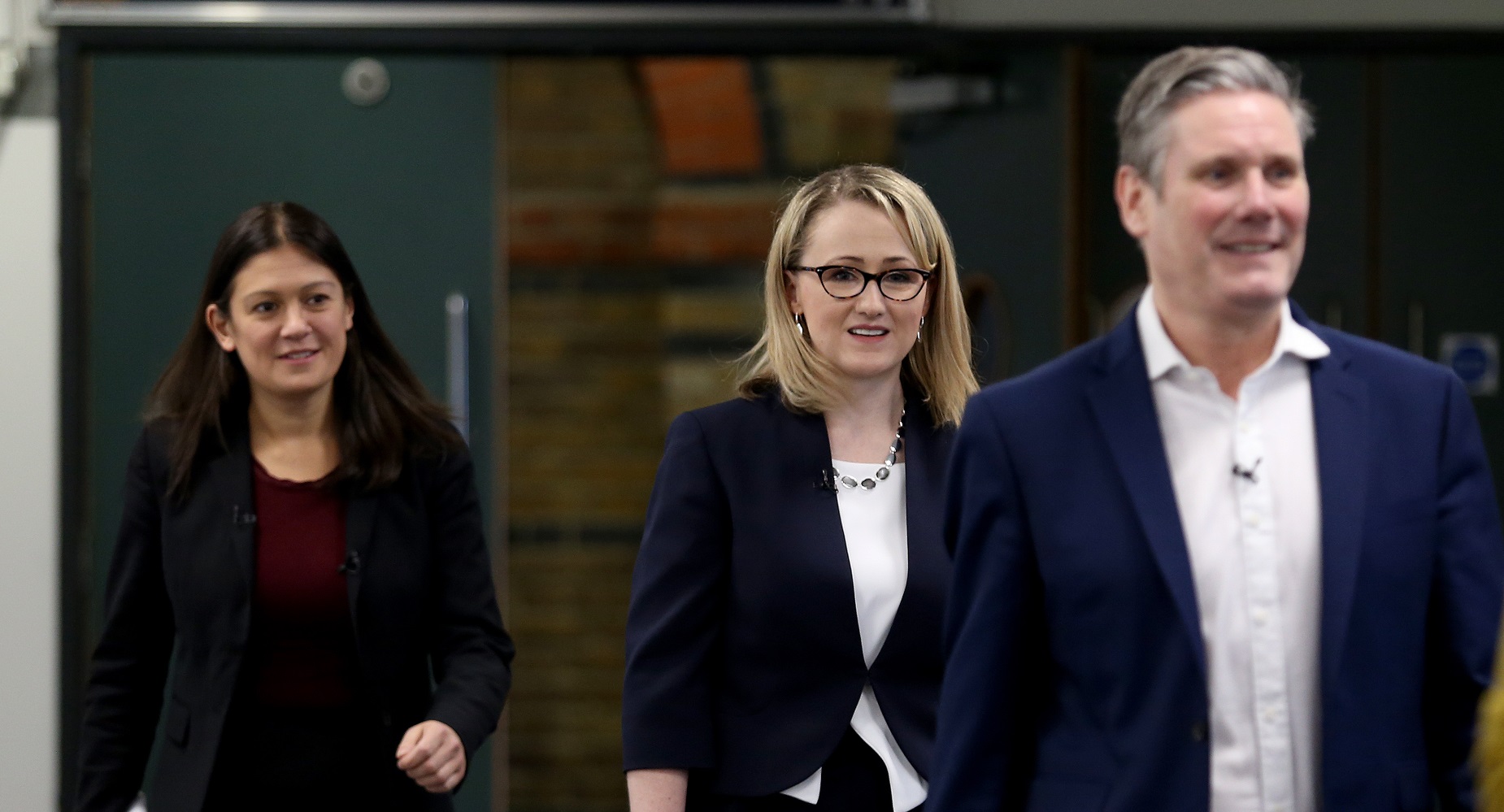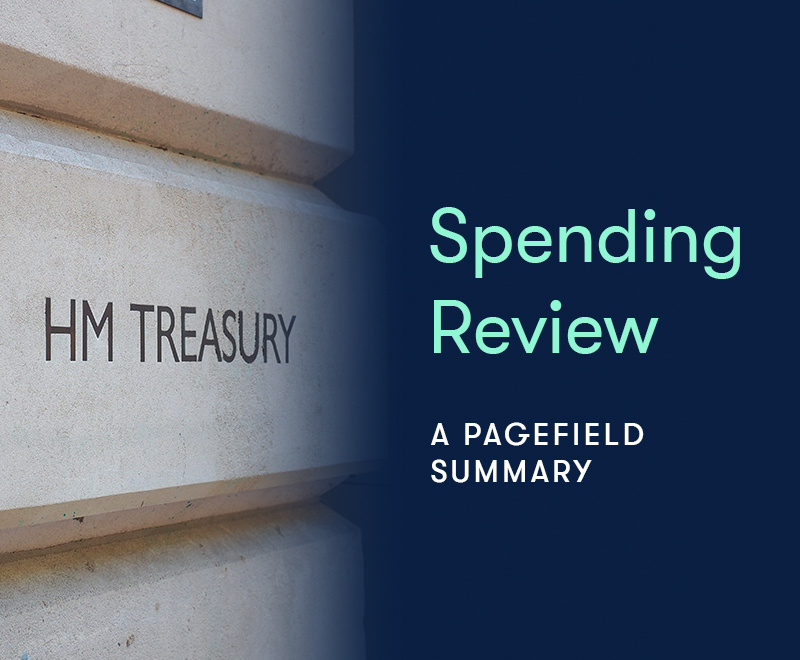On Monday 24 February, Labour Party members, affiliated trades unions and socialist societies, as well as those who registered as Labour Party members will start receiving their ballot for the third Labour leadership election in the last five years.
Jeremy Corbyn might have prevailed when he was challenged by Owen Smith in 2016 but if a day is a long time in politics then four years is an eternity. Whilst most of us were trying to come to terms with the scale of last year’s election defeat, the leadership, and deputy leadership candidates, were already working away behind the scenes, building their campaign stalls for a leadership election.
Keir Starmer, the now very obvious front-runner for Leader, was elected in 2015 for Holborn and St Pancras, having served as Director of Public Prosecutions from 2008 to 2013. It would not be remiss to question why someone who has had such a career outside of Westminster was willing to make the jump to MP unless he had plans already in the making to play a larger role in future.
And if true, that move looks likely to pay off as we head towards the announcement of the new Labour Leader on 4 April.
For those outside of the Party, the leadership election might feel like it has already been going on too long, but for those of us in the Party, it feels like an even longer process, as nomination procedures take place at each level of the Party, and there are still six weeks left to go.
That process has seen both Jess Phillips and Emily Thornberry drop out of the race, with Keir Starmer, Rebecca Long-Bailey and Lisa Nandy left vying for votes in the final round – an all-member ballot.
In total, 641 CLPs nominated candidates – with Keir Starmer leading the way with an impressive 374. Rebecca Long-Bailey was in second place with 164, and Lisa Nandy in third with 72. It is also worth noting that the majority of those CLPs who nominated Corbyn in 2016 have thrown their backing behind Keir Starmer, despite the assumption early on in the contest that Rebecca Long-Bailey, as both a woman and the anointed Corbyn candidate would take the lead.
So what has allowed Keir Starmer to gain so much support? First, he is a genuinely impressive individual. His background as Director of Public Prosecutions shows that he has had a life outside of politics, and was well-respected in that role, receiving his knighthood in 2014. But also, if we are right in the assumption that he has long been planning this leadership run, he has had a lot of time to think through his positions on each issue that Labour members care about.
Whilst other candidates have been tripped up on transgender rights, have inadequately explained why Labour hasn’t done more to tackle anti-semitism, or even on giving Corbyn a score out of 10, Keir Starmer has managed to maintain his calm and collected manner. Perhaps the only time he has appeared flustered was when he was questioned about being the inspiration for Mr Darcy in Bridget Jones, although even this probably did him even more favours.
Having a key role in Corbyn’s Cabinet enhances his appeal to all groups within the Labour Party, and also means that his public awareness levels are better than those of Rebecca Long-Bailey and especially Lisa Nandy, whom most of the public have not heard of. And with over 100,000 new members coming to the Party in the days and weeks after the General Election, name recognition is incredibly important.
So, what can we expect over the coming weeks? Members will be deluged with emails, calls and texts from candidates as leadership hopefuls continue to vie for votes, and candidates themselves will continue on their relentless tours of the country, taking place in local hustings and speaking to members. The press will no doubt continue to find ways to catch them out along the way.
But from where I am sitting, it seems all but impossible that Keir Starmer does not win. With such a significant lead, something would have to go fundamentally wrong to change members’ views in the coming days.
So does this suggest a new sense of unity within the Labour Party? As a member of the Labour Party, who joined back in 2005, and has seen our Party go through so much change in the last 15 years, I am cautiously optimistic about the future.



